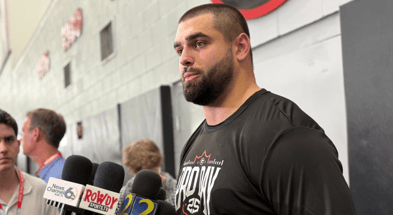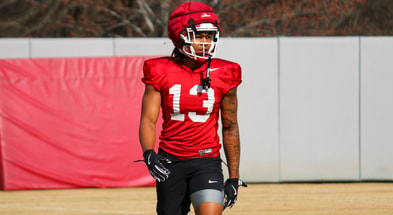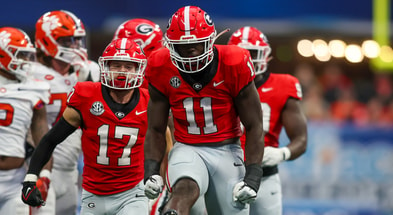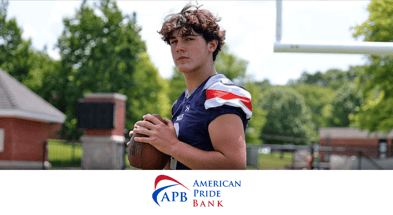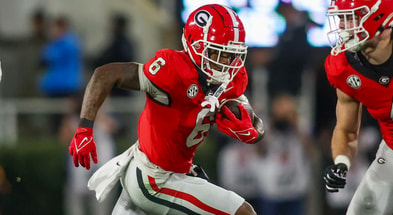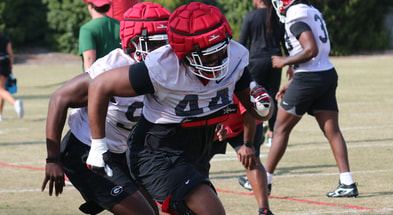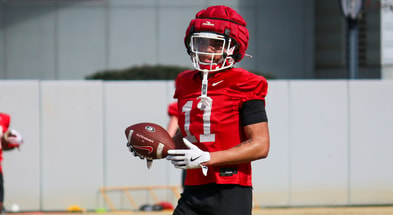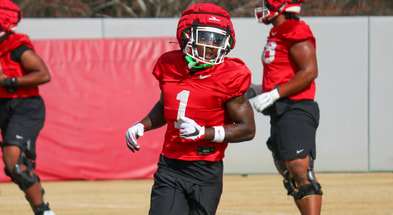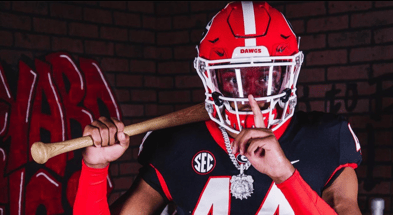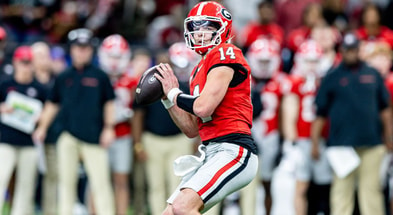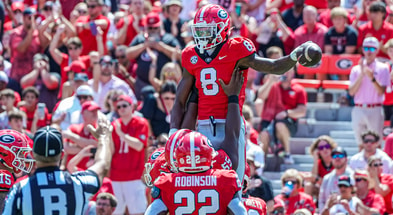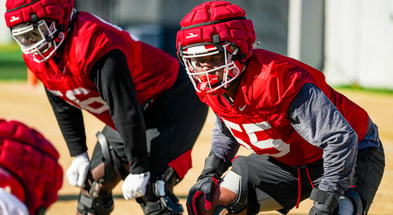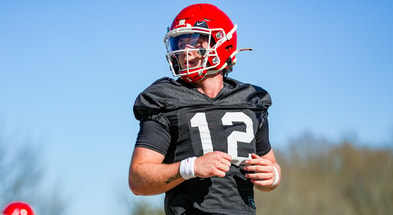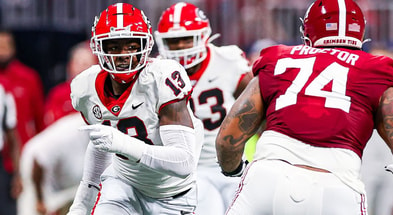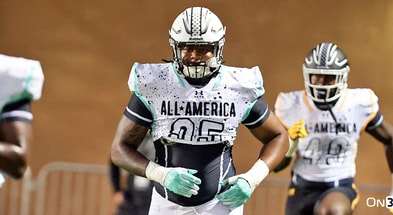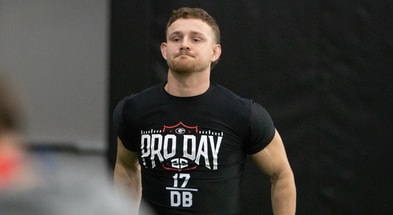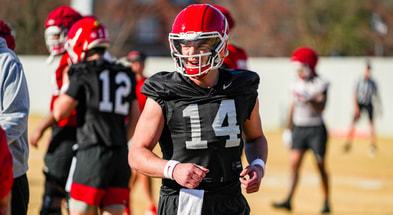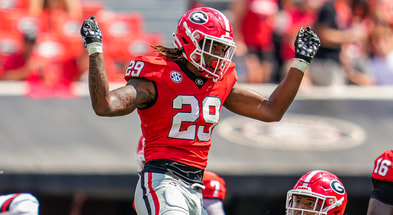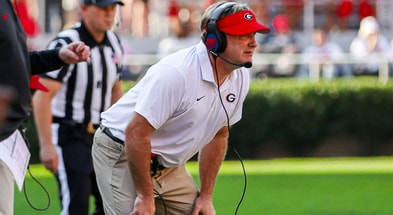Georgia governor signs order paving way for UGA to compensate student-athletes
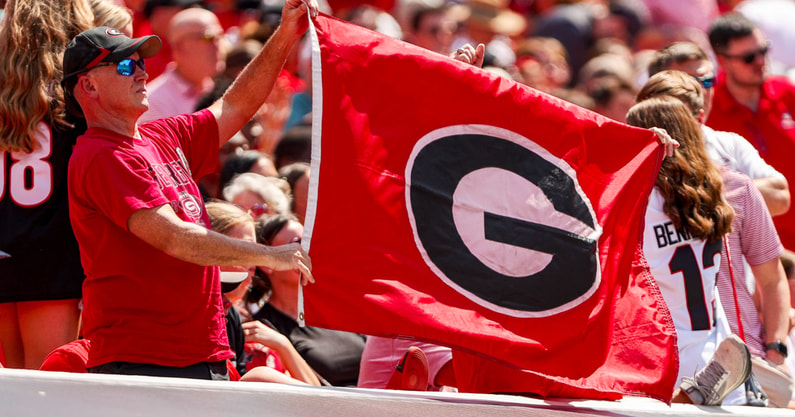
Georgia Governor Brian Kemp signed an executive order on Tuesday that prevents the NCAA from taking “adverse action” against member institutions from the Peach State for compensating athletes. Zach Klein of WSB-Atlanta and On3’s Pete Nakos were the first to report.
According to Nakos, the order will take effect right away and it will last until federal law is put into place with nation-wide NIL regulations or the House v. NCAA settlement is finalized. Should that settlement get approved, schools would be allowed to share $20 million to $23 million of revenue with student-athletes per year.
With a settlement yet to be reached and approved, state laws are currently the only thing governing Name, Image, and Likeness. Other states have their own unique laws in place that benefit their institutions with Nakos mentioning Texas and Missouri specifically.
“Student-athletes in the State of Georgia should compete on a level playing field and not forgo compensation available to student-athletes in other states while the settlement is pending,” Georgia’s executive order states.
It would appear that this opens the door to something for which Georgia fans have been asking. The order states that state funds can not be used but athletic association funds appear to be fair game. Now donors who were contributing to the collective and redirect those funds to the athletic association and earn Hartman points that count toward season tickets for both home and away games.
Top 10
- 1Hot
Jalen Milroe
Runs blazing 40 at Pro Day
- 2New
Will Wade
Confirms contact with NC State
- 3
Paul Finebaum
Beats down Danny Kanell
- 4Trending
Dick Vitale
Predicts Final Four, champs
- 5
Notre Dame spring game
Marcus Freeman confirms plans
Get the On3 Top 10 to your inbox every morning
By clicking "Subscribe to Newsletter", I agree to On3's Privacy Notice, Terms, and use of my personal information described therein.
Kirby Smart is a supporter of NIL and has used the word “sustainable” to describe Georgia’s approach to it. He also understands that using it for recruiting and using it for roster retention are two completely separate things.
“I think it’s a mistake to assume all players lead with that or that’s the primary objective,” Smart said this summer. “I think that would be an insult to high school football players and people being recruited. I don’t get to the finish line of official visits where that’s the primary objective. If it is, we’re probably not getting to that point. We’re probably not in the conversation if that’s the primary objective.
“Is that one of the key decision makers? Yes. Should it be? Yes. I’m happy these kids get the opportunity to improve their situation or make money and give back to their families. In some cases, give back to their communities.”




